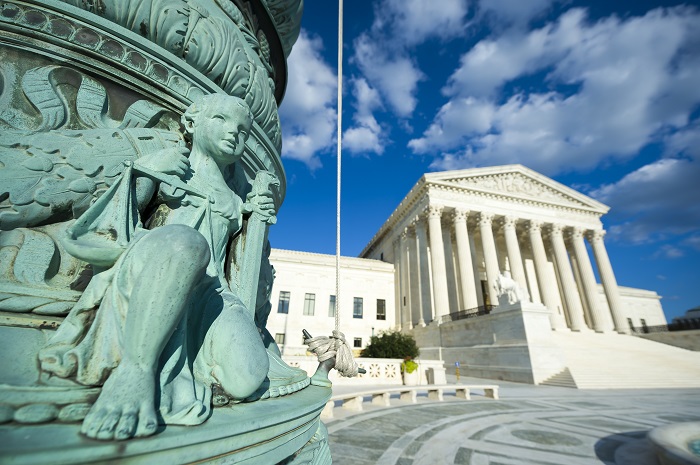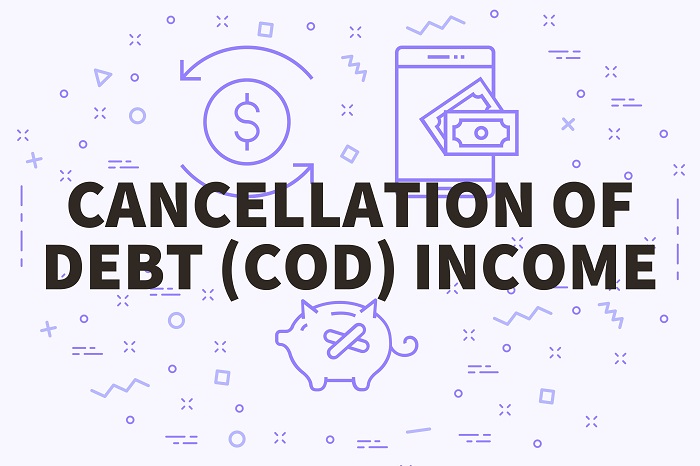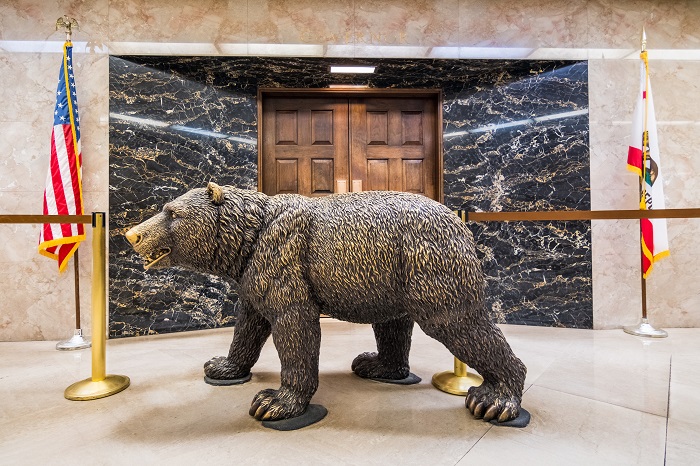The U.S. Court of Appeals for the Seventh Circuit recently affirmed judgment in favor of a debt buyer and debt collector against a consumer debtor alleging that the collector’s debt collection letter violated the federal Fair Debt Collection Practices Act.
Posts published in “Debt Collection”
It has been an extraordinary 365 days for consumer financial services law. I cannot recall a year where so many states introduced legislation or proposed regulations or rules impacting the credit industry. At the federal level, proposed rules for the Fair Debt Collection Practices Act were (finally) released and California also proposed regulations under the California Consumer Privacy Act.
The U.S. Court of Appeals for the Eleventh Circuit recently reversed the dismissal of a pro se consumer’s claims under the federal Fair Credit Reporting Act (FCRA), holding that he stated a plausible claim for relief with his allegations that the defendant creditor obtained his credit report without his consent, and failed to reasonably investigate his credit reporting disputes. However, the Court affirmed the trial court’s dismissal of the consumer’s claim under the federal Fair Debt Collection Practices Act (FDCPA) that the creditor defendant used a “false name” in attempting to collect the debt owed to it.
There is no discovery rule for federal Fair Debt Collection Practices Act claims, the U.S. Supreme Court held today. Affirming the U.S. Court of Appeals for the Third Circuit's decision in Rotkiske v. Klemm, today’s opinion also overrules an earlier ruling from the U.S. Court of Appeals for the Ninth Circuit, Mangum v. Action Collection Serv., Inc. There, the Ninth Circuit permitted FDCPA claims to run from when the plaintiff knows or has reason to know of the violation.
The U.S. Court of Appeals for the Seventh Circuit recently reversed the dismissal of a debtor’s claim under the federal Fair Debt Collection Practices Act, holding that the debtor stated a plausible claim that the dunning letter she received violated the FDCPA. Here, the Court held that the dunning letter at issue implied that the debt collector would file a 1099C form with the Internal Revenue Service, when in reality it was clear to the Seventh Circuit that the creditor would never file a 1099C form because the amount in each letter was less than $600.
The Office of the Comptroller of the Currency (OCC) and the Federal Deposit Insurance Corporation (FDIC) both recently issued proposed rules to “fix” the potential problems arising from the ruling in Madden v. Midland Funding, LLC, 786 F.3d 246 (2nd Cir. 2015), which called into question the “valid when made” doctrine. In addition, the FDIC’s proposal would make clear that the permissible interest on a loan would be determined at the time the loan is made, regardless of subsequent events such as changes in state law or the sale or assignment of the loan. The OCC’s Notice of Proposed Rulemaking is available…
The U.S. Court of Appeals for the Fifth Circuit recently held that a bankruptcy court lacks the power to enforce discharge injunctions entered in other districts, and that the debtors’ particular private education loans were not excepted from discharge. A copy of the opinion in Crocker v. Navient Solutions, LLC is available at: Link to Opinion. Two debtors obtained student loans, one to prepare for his bar exam, and the other to fund tuition and expenses to attend a vocational school, from a “for-profit, public corporation whose loans are not part of any governmental loan program.” The loans were then transferred…
The District Court of Appeal for the State of Florida, Second District, recently reversed the dismissal of a plaintiff’s Florida Consumer Collection Practices Act claims relating to bills for medical care incurred as a result of a workplace injury. The trial court dismissed the FCCPA claims on the grounds that Florida’s Workers’ Compensation Law (WCL) granted exclusive jurisdiction over any matter concerning reimbursement to the state’s Department of Financial Services. However, the Appellate Court held that section 440.13(11)(c) of the WCL did not preclude trial court jurisdiction over claims against the plaintiff’s medical providers under the FCCPA for claims that…
Three new laws signed by California Gov. Gavin Newsom in recent days will impact consumer credit in the state by capping interest rates on payday and other consumer installment loans, giving automatic exemptions for bank account levies and removing exemptions for attorneys and mortgage loans from the Rosenthal Act. California Financing Law Expanded AB 539 amends the California Financing Law, which licenses and regulates finance lenders and brokers, by imposing new restrictions on loans of $2,500 or more but less than $10,000. It also adds a rate cap on those loans so that the annual simple interest rate may not…
The U.S. Court of Appeals for the Seventh Circuit recently affirmed in part and reversed in part a trial court’s judgment against a debtor who filed an adversary proceeding alleging that a creditor and its counsel violated the bankruptcy discharge by trying to collect a discharged debt, holding that the attorney could not be held in contempt because he lacked knowledge of the discharge, but the creditor could be held liable for the actions of its counsel under agency law. A copy of the opinion in Jacqueline M. Sterling v. Southlake Nautilus Health is available at: Link to Opinion. The plaintiff…
The U.S. Court of Appeals for the Eleventh Circuit recently affirmed the bankruptcy court’s denial of a debtor-borrower’s motion for sanctions, which alleged that her mortgage loan servicer violated her bankruptcy discharge by mailing a communication in a purported attempt to collect upon a discharged debt. In so ruling, the Eleventh Circuit held that the purportedly violative letter, entitled “Informational Statement,” which provided an amount due, due date, and payment instructions, coupled with a disclaimer, did not constitute an unlawful attempt at debt collection, because the servicer had not foreclosed the subject property and the borrower had the option to…
The U.S. Court of Appeals for the Third Circuit recently held that a debt collector violated the federal Fair Debt Collection Practices Act (FDCPA) when the envelope it sent to a debtor displayed an unencrypted code that revealed the debtor’s account number when scanned. A copy of the opinion in DiNaples v. MRS BPO, LLC is available at: Link to Opinion. A consumer defaulted on her credit card and the bank that issued it assigned the account to a debt collection agency. The debt collector sent the consumer “a collection letter as a pressure-sealed envelope that had a QR [or…












